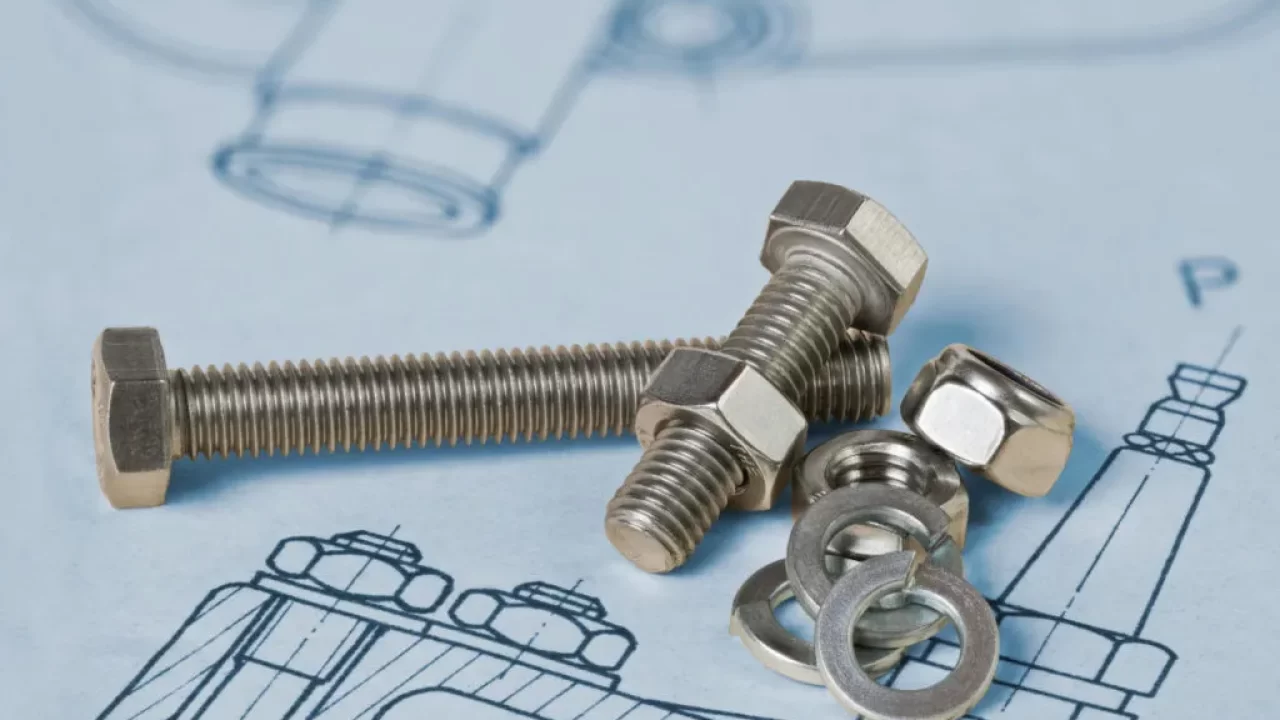Used to help secure materials and fix them together, bolts are often used in conjunction with a nut to form a highly secure, bolted joint; as a form of threaded fastener, they are one of the most common.
Used to great purpose in a whole host of different applications across a number of industries, bolts are versatile, and easy to install and remove or adjust. Commonly used in the automotive, marine, construction and aerospace industries, while bolts are incredibly useful fasteners and can easily be purchased from a reliable bolt supplier, they are prone to loosening and loss of preload when subjected to strong vibrations.
Read on to discover what causes bolts to loosen, and what you can do to prevent it from happening:
What are the main reasons behind bolts loosening?
There are a number of reasons why bolts might loosen following assembly, and some of these include environmental conditions and human error. Additionally, exposure to shock, vibrations or thermal expansion can also induce loosening.
Here are some of the most common causes of bolt-loosening:
- Vibrations
A fastener that is continually subjected to vibrations is likely to loosen over time, and changes to load along with minor movements will eventually cause the bolt or nut to unwind itself.
- Thermal expansion
If a bolt made from metal is subjected to heat (through industrial processes or environmental changes), and then goes on to contract when its cool, it may become loose over time.
- Under-tightening
A functioning bolt is a tight bolt, and when preload is applied, it can only act as a clamping force when it passes through the fastener, if the bolt has been tightened appropriately. Insufficient preload will inevitably cause the bolt to spin around and come free, something which can be extremely dangerous in tension applications.
- Over-tightening
Overtightening of a bolt can lead to the threads becoming damaged, and over time, this will impede its function. When installing a bolt, always follow the recommended torque to prevent this from happening.
- Damaged fasteners
If damaged, a fastener such as a bolt will not be able to perform as it should, and whether caused by the reuse of an old fastener, an installation error or a manufacturers default, even the slightest damage can make a bolt looser or tighter than it needs to be.
What can you do to prevent bolts from loosening?
Loose bolts can cause all manner of problems, some of which can be costly and/or dangerous, and must be addressed at the earliest when spotted. Fortunately, there are a few things you can do to help stop this from happening, such as:
- Using locking nuts
Typically made from nylon or metal, locking nuts are vibration resistant and budget friendly, and are designed to stop bolts from loosening once tightened.
- Using washers
With a wide surface area to help increase the friction that holds bolts to the mating thread, you can buy cup-shaped, conical, or wedge-lock washers to provide extra friction and stop bolts from coming loose.
- Using adhesives
In some applications, bolts can be secured using liquid adhesives, solid adhesive patches or hot thermoplastic coatings, but this does make them more difficult to disassemble later.
- Using double nuts
Some choose to use a thick nut and a thin nut together (known as a jammer nut) to prevent self-loosening of bolts.
- Regular maintenance
Checking equipment and maintaining it appropriately is the single-most effective way to make sure that a bolt doesn’t loosen to the point where it fails. As soon as you notice that one of the hot-forged fasteners has come loose, tighten it up, replace it, or try one of the methods mentioned above to stop it from occurring again.
As you can see, while bolts coming loose is a common problem, there are plenty of reliable ways of preventing it, and of ensuring that machinery and equipment can continue to function normally, and safely.






